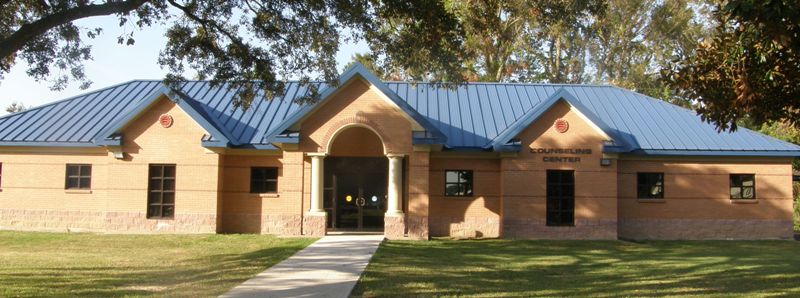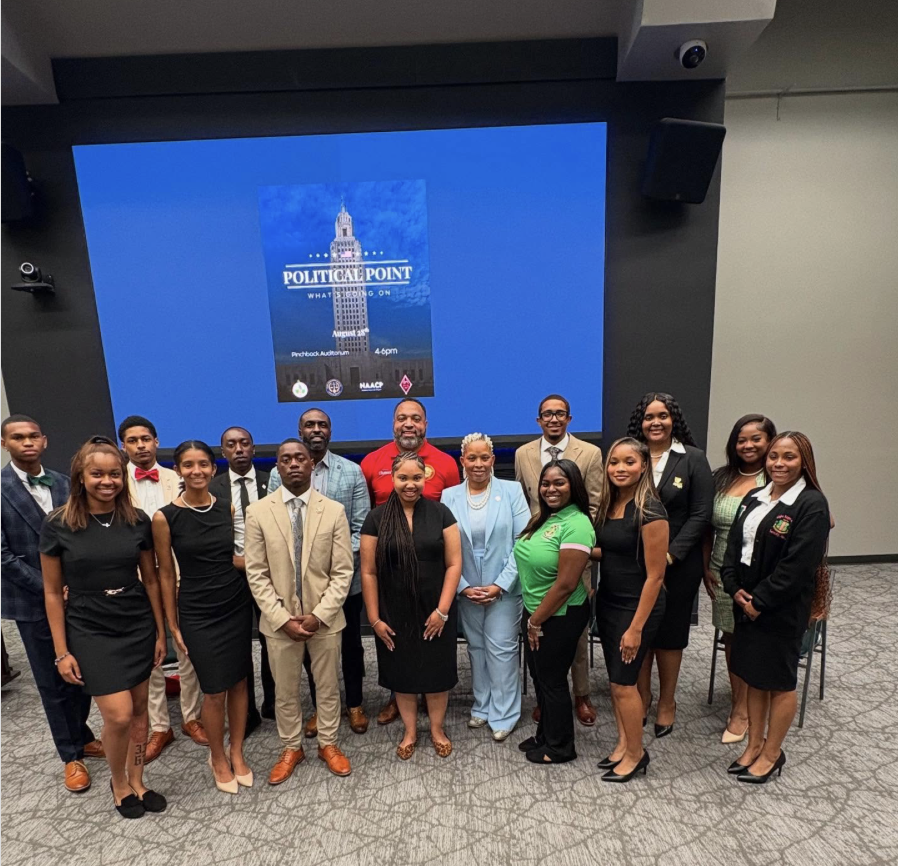The miscommunication between two contractors lead to the setting off of a fire alarm, causing a “fire scare” in the law center three weeks ago.
According to Courtland Jackson, assistant to the director fire and safety, there were two contractors working on the law center’s roof and elevator, and the contractors working on roof of the law center closed a special hatch the would allow the smoke from the tools of elevator contractors to exit the building. Because the smoke was not able to escape the hatch, an alarm was set off, causing a building evacuation.
“The elevator in the law center was outdated and needed to be replaced along with a few other elevators and their equipment that need to be updated,” said Graylin Quinn, director of fire and safety
Quinn said even though there was no fire, students were not allowed to return to the building until it was thoroughly searched and there were no signs of danger. There are certain codes for buildings and alarm systems that the university must comply with.
“There are buildings that need to be brought up to code, but funding plays a large role in making sure that buildings are up to code,” said Quinn.
Not only has the law center experienced their fire alarms going off when there is no danger of a fire, but the University Apartments on campus have experienced the same problem.
“We have now come to the conclusion that reason for the fire alarms going off so much is in the University apartments is due to a nuisance alarm,” said Quinn
A nuisance alarm occurs when someone tampers with the alarm system and causes it to go off. Quinn said the apartments are equipped with a new alarm system that allows officials to know exactly where in the apartments the alarm was tampered with.
“We have not found out who is causing the nuisance alarms, but if they are caught and something is injured they can be prosecuted.”
Even though some buildings like the University Apartments are equipped with new updated alarm systems according to Quinn, there are many buildings with older fire alarm systems.
“Because there are buildings on this campus that have dated alarm systems we have had to put those buildings on what we call a manual fire watch.”
Although Quinn was unable to state what buildings are a manual fire watch, he stated that manual fire watch is when the administrator of a building meets with the office of fire and life safety and selects and official in that building on each floor to patrol the building in order to check for signs of fire.
Quinn encouraged students should they ever find themselves in an emergency that they should attempt to call campus police before they call 911, because the Southern University Police Department may be able to react quicker than outside support.
Categories:
Miscommunication leads to “fire scare” at SULC
October 17, 2008
0
More to Discover





